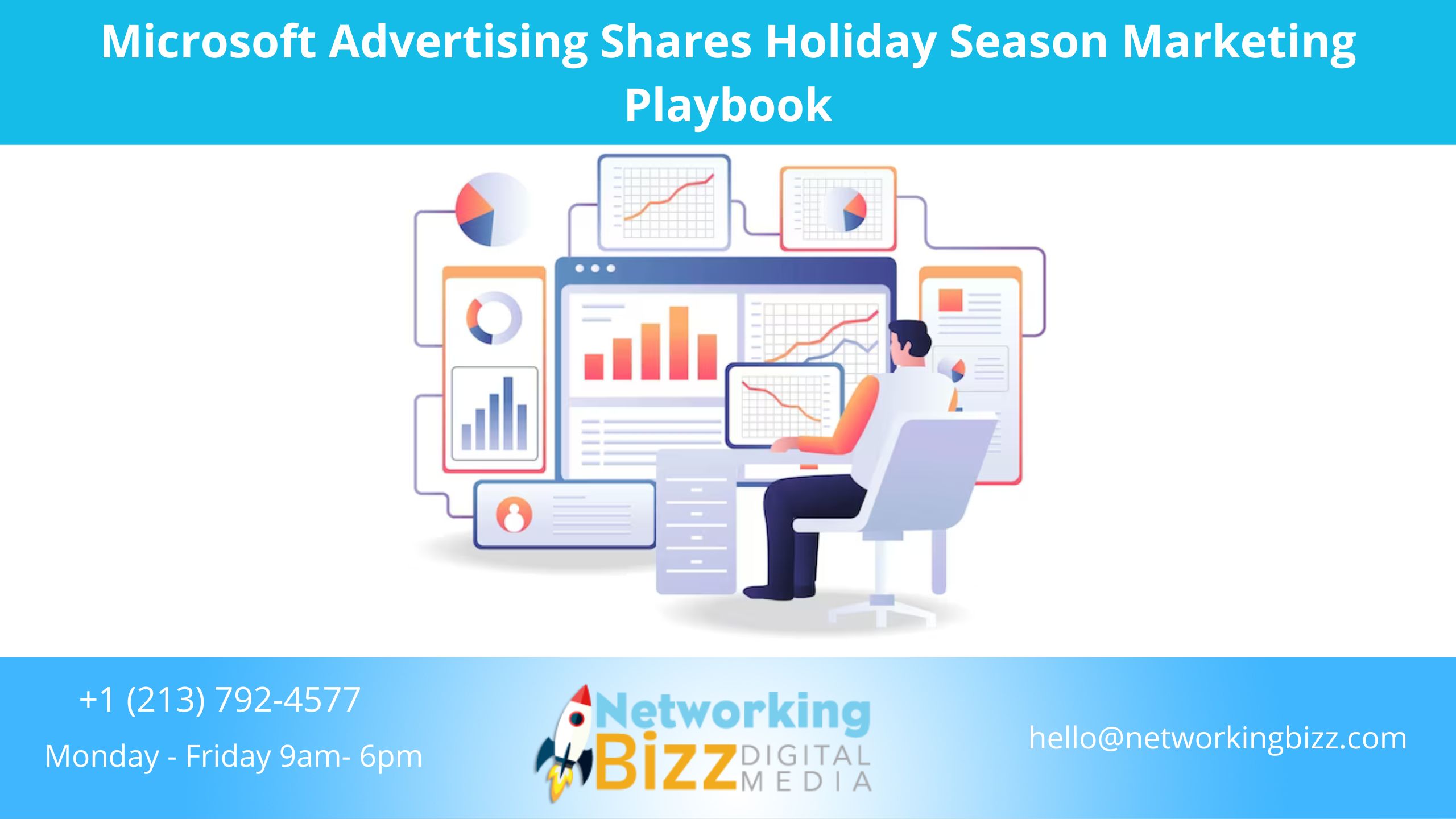Explore insights from Microsoft Advertising on how to boost holiday sales with its complimentary 30-page Festive Holiday Marketing Playbook.
- Understanding the timing of revenue peaks and the rise of deal-seeking behaviors among consumers is key to holiday marketing.
- It’s important for advertisers to capitalize on search for driving online and in-store purchases.
- Learn how to maintain Cyber-5 momentum and plan for the post-holiday returns period to maximize sales opportunities.
As the holiday shopping season approaches its zenith, advertisers are keenly preparing for the final rush of consumer spending. Microsoft Advertising provides insights and strategies to help businesses capitalize on the festive season in its Festive Season Marketing Playbook.
The focus is on understanding consumer behaviors and leveraging Microsoft’s advertising capabilities to maximize reach and revenue.
1. Revenue Peaks: A Matter of Timing
Despite some advertisers not yet seeing a peak in revenue, there is no cause for alarm.
Historically, significant revenue spikes are observed around Black Friday and Cyber Monday. This year, consumers are anticipated to spend more during these critical days.
The National Retail Federation predicts a 3-4% increase in holiday spending in the US, potentially reaching up to $966.6 billion. Similarly, high spending is forecasted in the UK and Germany, emphasizing the global impact of this season.
2. Shift in Consumer Behavior: The Rise of Deal-Seeking
A notable trend this year is the increased emphasis on deal-seeking.
Over two-thirds of US shoppers are spending more time looking for coupons and deals, particularly around the ‘Cyber-5’ period.
This period, including Thanksgiving, Black Friday, Small Business Saturday, Sunday, and Cyber Monday, has become a crucial window for consumer spending.
Advertisers must adapt to this trend and align their strategies accordingly.
3. The Central Role of Search in Purchasing Decisions
Search remains a crucial component in guiding both online and in-store purchases. It’s a pivotal tool for discovering new retailers, conducting pre-purchase research, and comparing prices.
Gen X consumers, for example, heavily rely on search to find the best prices. Additionally, the EMEA region sees deal-seekers spending 33% more time searching than average shoppers.
This trend provides a significant opportunity for targeted advertising, primarily through platforms like Microsoft Advertising, which taps into billions of global monthly searches.
4. Post Cyber-5 Opportunities: Maintaining Momentum
Even after the Cyber-5 period, search volumes remain high, presenting a continued opportunity for advertisers.
Microsoft’s research indicates that many holiday clicks and conversions happen during Cyber-5, with lower Cost Per Acquisition (CPA). Therefore, maintaining active advertising campaigns during this period can yield substantial benefits.
5. Planning For Returns: An Overlooked Aspect
Another critical aspect for businesses to consider is the post-holiday return period. Search volumes for returns peak shortly after Christmas and continue into the new year. Preparing for this influx and adjusting marketing strategies can help mitigate potential losses and maintain customer satisfaction.
6. Strategic Holiday Planning Checklist
To maximize the holiday season, Microsoft suggested that advertisers should:
- Launch campaigns early to capture early shoppers.
- Use remarketing and dynamic search ads to target holiday-specific products and promotions.
- Emphasize value messages and promotions to attract deal-seekers.
- Leverage AI for personalized offerings and responsive ad formats.
- Utilize store support for profitable online growth, including Local Inventory Ads and Mobile Device Modifiers.
Microsoft Advertising offers more tips and comprehensive resources in its Festive Holiday Season Marketing Playbook and on-demand webcasts to assist advertisers in navigating this crucial period.




